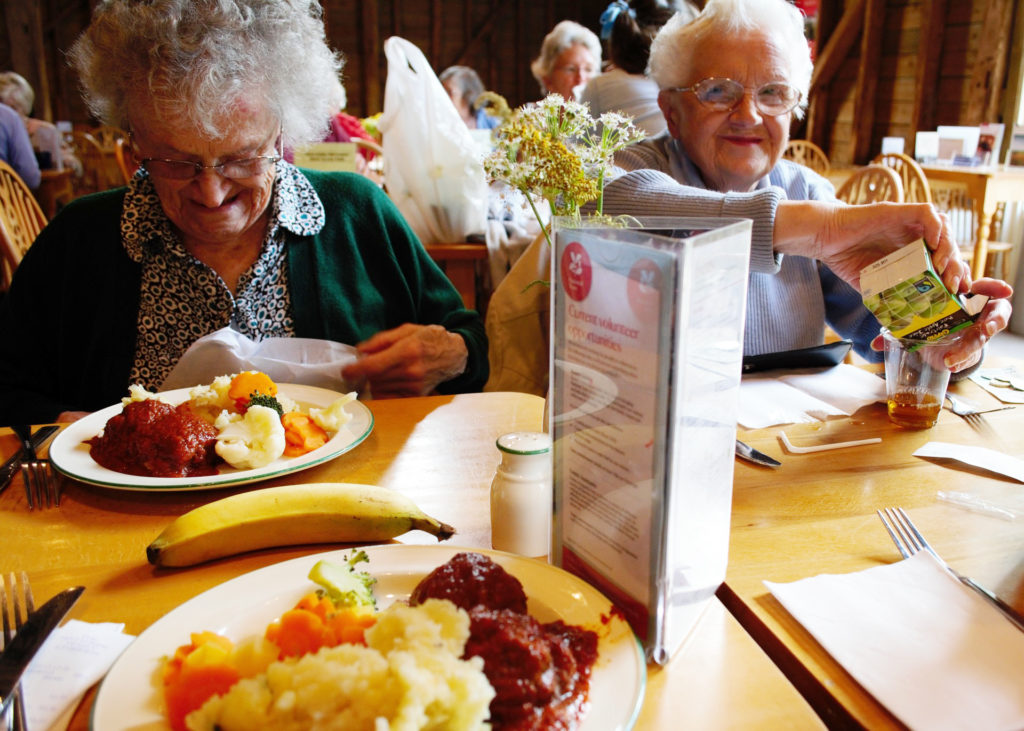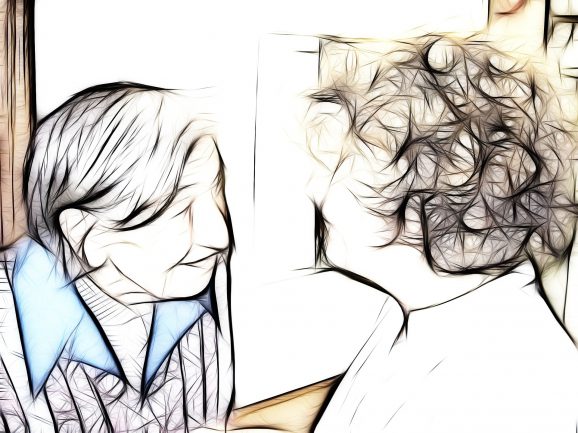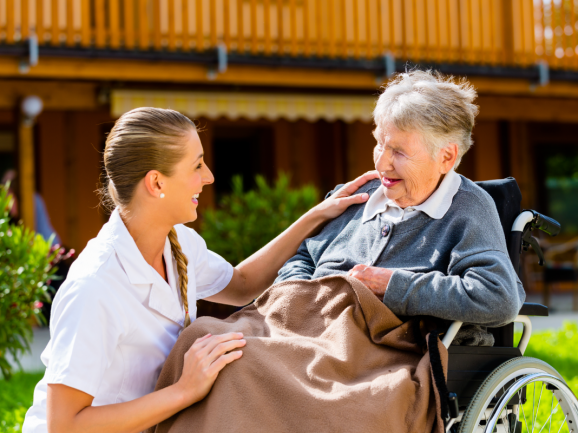Everyday life can be challenging for the elderly, especially those living with dementia. Our previous article on nutrition gave information on getting to know the palette of the elderly as well as taking into consideration each’s personal taste and preference. The impact of not getting adequate nutrition can affect the quality of life, such as loss of appetite and possibly malnourished. Some effects may include an increase in irritation and confusion or may develop further illnesses.
An assessment of the eating environment and the physiological difficulties in the act of eating and swallowing ought to be carried out to ensure the older person is properly consuming food. The goal is to continue promoting independence for the elderly, but some elderly may require assistance for feeding.
There is a perception that the act of feeding someone can be intimate and emotional. It is more than the process of getting food into someone’s mouth. There are social, psychological and emotional components attached to enjoying a meal. Below are some tips when assisting in feeding:
- Use their prescribed aids (glasses, hearing aids, dentures)
- Ensure the person is seated upright
- Similar to communication, it is crucial to position oneself on the same level and maintain eye contact
- The quantity of food to be in bitesize amounts
- Prompt by using verbal instructions
- Allow time and enjoy the moment
Archbold House uses a certified Nutritionist who works closely with the chef to ensure the food delivered is nutritious and delicious, and the staff are trained to assist with any required feeding. For more information, contact us today.




